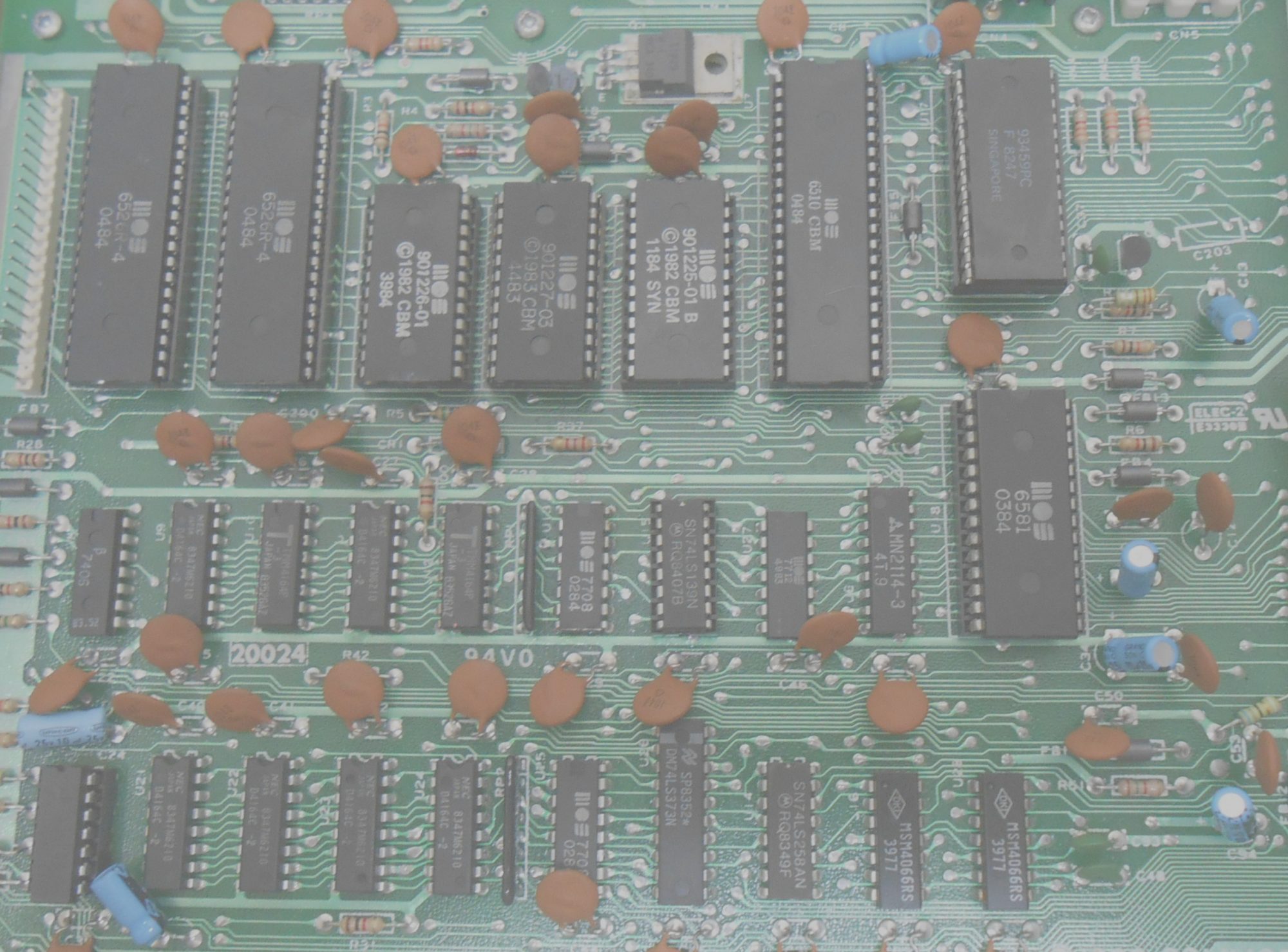It is with great pleasure we finally can announce the release of the following official OSGP Alliance documentation for OSGP Smart Meters (i.e. Echelon/NES Smart Meters):
- The Multipurpose Expansion Port (MEP) interface and protocol
- Optical interface and protocol
Thank you for your patience, we know this have been under way for almost two years.
Now, go ahead, please start Tinkering now! 🙂
Note: The hard- and software we’ve been tinkering with is not finished (probably will never be finished as it is a tinkering project 🙂 ), but we’ll get it released ASAP so others can get inspired or join as they wish.


What a great work you have done. Awesome.
Best regards
Soren
Hi Søren,
Thank you for your support!
Great news. I look forward to start playing around.
Thanks for your effort!
Br
Jan
Hi Jan,
Yes, we are quite exited too as one of the original goals were to get this released!
Note: If anyone get stuck or have questions, we have teamed up with a couple of NES and OSGP guys. We are prepared to answer your questions to the documentation on the GitHub Repository Discussion board.
Great work
Now i just hope I can figure out how to use it. My hope is to get my meter connected to home assistant.
But first i need the hardware and then just readings out of it 🙂
Hi Anders,
Thanks.
I need to put some effort into getting our latest hardware version assembled. Then we’ll share the Hard- and software, and we’ll probably make a few prototypes for anyone willing to pay the costs (not that it is that expensive – there is only a few components there 🙂
Please sign me up, hardware is not easy to dig up in these days, so a kit of a sort and a github page would be fantastic, and you could even by larger amount.
Hi Bo,
Thanks for your suggestion.
We’ll do our best to make that happen, but will probably have to let others step up and do some of the work.
Time is always an issue and having to distribute kits or hardware in larger lots was not one of our initial goals of this.
The goal has been to get the documentation released for everyone (so everyone can start their own projects) and get more people involved in our project if possible (even if they just want to clone it and make a branch/version of their own)…
But we’ll see what we can provide and/or if anyone else will be able to provide assembled hardware and kits – our primary task now is to get our hard- and software released so everyone can grab it and use it for whatever they want…
As far as we know all components are available from China etc. on ebay and PCBs can be ordered cheap in China too…
I don’t think the “chip shortage” is a real issue for our hardware at the moment, although prices might have gone a bit up.
I have not worked much with hardware the last couple of years, but I too like to help where I can. I really hope this could help more smart energy solutions in EU, it seems like we are going to need it 🙂
Hi Bo
Thanks for your understanding.
And yes, the current European situation actually calls for more intelligent energy solutions. Hopefully this can also help creating such solutions.
As mentioned our goal is to open this up as much as possible, so we don’t mind other helping or event branching off and creating their own solutions based on the documentation or our work. Actually we would very much like to see that happen. It would be nice with multiple connected and/or independent projects for these meters…
I’ll now focus on getting our latest hardware version tested and validate that our software only uses stuff from the documentation (we have been developing under NDA with the original MEP documentation and as far as I know some of the writing-part of the protocol have been removed from the documentation. I don’t think we need or use any of the removed stuff, but I’ll have to verify to make sure we are not breaching the NDA :-).
As soon as I get this done, we’ll release everything either on the OSGP Alliance GitHub (we are running it for OSGP Alliance anyway – although they also have admin control of it) or one our own (probably more likely).
Søren Niemann (see his comments) has already stepped up and will probably produce prototype prints for others to buy. Maybe he will also do kits when he sources stuff anyway.
So if you want to help with hardware it might be beneficial to coordinate with Søren if he is also interested in that – or you could also do your own sourcing and producing assembled modules or kits…
Or if you prefer to work on the software, feel free to join our effort when our code is released, branch it off and make it your own or even start from scratch with another approach.
The hardware is also not limited to the ESP32 – there are more possibilities here.
Something Raspberry PI based allowing people to code this in Python if they prefer (the digest algoritme from the doc. would need to be coded in Python then) or even an Arduino with some other connectivity or a display etc.
Also it would be possible to connect a standard PC with USB wired RS232/serial interface to the meter or even create a Wireless M-BUS bridge with another microprocessor…
There are a lot of different possibilities as the MEP interface is basically a RS232/serial interface and can be connected to everything supporting that… Which i guess most microprocessor platforms can with the help of the MAX232/MAX3232 chip…
Great news!
I look forward to being able to buy a prototype of the hardware!
Yes, indeed.
We’ll try to make that happen.
Note: If anyone would like to join us in making prototypes for sale, please reach out to us. We have limited time available for this, so we would like others to join.
I would love to help where I can. Just write to me at niehans snabel gmail punktum com.
Hi Søren,
Great, thanks! I’ll write you shortly.
Great work!
I started the work of getting my crypto-key 2 months ago, so I would be ready when the documentation was released. Unfortunately I have so far been unsuccessful.
Hi Peter,
Which company provides your power (the company physically delivering the power to your house and owning the wires/meter?).
I only have personal experience with N1 – and that process is documented both here on http://www.dabller.dk, on https://befridinelmåler.dk/ and on the GitHub forum.
Konstant does now allow MEP communication, but do allow Optical port and provides the read-only key to that one (but I don’t have personal experience with them). Again the process is documented the places mentioned above.
Hi Gert.
The company is called Cerius and is covering parts of Zealand.
I am in contact with them, but they are claiming that because of GDPR it’s very difficult for them to give me the crypto-key.
I am mailing them once a week and ask for an update.
Hi Peter,
Thanks – I’ll try to reach out to them as well. Just to see if we can push a bit for a solution in your area.
I am on Zealand too, using Cerius do you have a contact person or are there anyway we can put on i bit more pressure ?
It have become quite relevant now 🙂
Hi Bo,
I have no contact person, but have tried to reach out to them on info@cerius.dk to ask what procedure to follow to get the access keys.
They mention the terms for using the MEP interface on this page: https://cerius.dk/professionelle/elmaalere/, so they know about it.
I would suggest that you write them. I guess they’ll have to figure the procedure out sooner or later if the get a lot of requests for it.
Perfect, I have just wrote an email, and I am looking forward to what they may come up with.
Maybe we should move some of this to the github org ?
Perfect. Yes, please let’s move it to GitHub.
Hi. Let us continue the discussion on GitHub were I also added this info. I just want to make sure everyone sees it:
Just received this fantastic news from Cerius:
“`
Der er i går vedtaget en løsning, så vi kan udlevere krypteringsnøgler til vores kunder. Nu mangler vi bare at få skrevet dokumentationen 😊.
Du hører fra os i nær fremtid…
“`
I’ll get back on GitHub (https://github.com/orgs/OSGP-Alliance-MEP-and-Optical/discussions/8) as soon as I get the procedure from them!